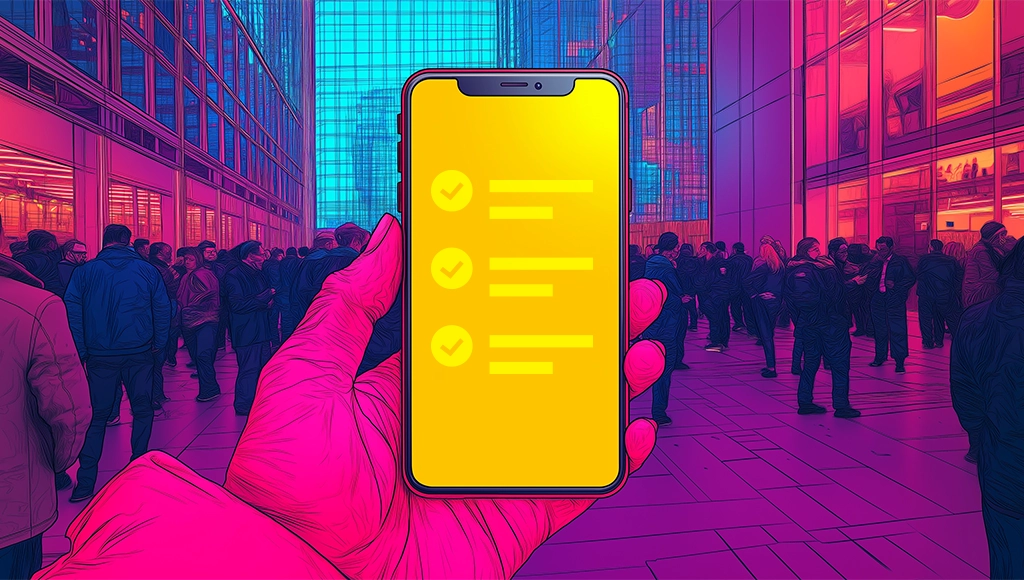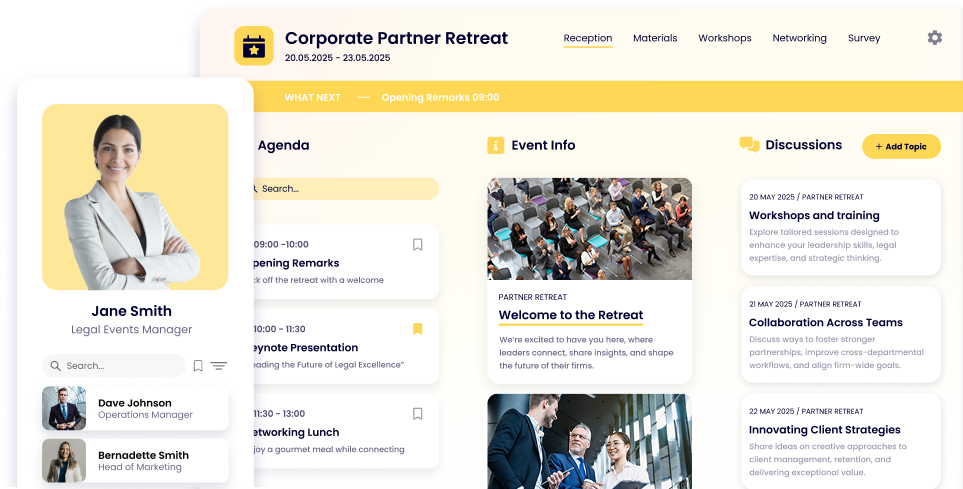Top Strategies on How to Get Sponsors for an Event

Lisa Broom | Head of Marketing

Key Takeaways
- Understanding event sponsorship provides brands with direct customer engagement and financial support to event organizers.
- Preparation and research, including setting goals, identifying sponsors, and crafting personalized proposals, are key to securing sponsorships.
- Building lasting relationships with sponsors through appreciation, post-event reports, and social media engagement fosters continued collaboration and enhances mutual benefits.
Understanding Event Sponsorship
Event sponsorship involves a partnership between a company and an event, where the company provides financial or resource support in return for promotional benefits. This type of sponsorship enhances a brand’s exposure, allowing it to engage directly with a targeted audience.
Benefits for Sponsors and Organizers
For sponsors:
- Increased brand visibility and recognition
- Direct engagement with potential customers
- Enhanced reputation and credibility
- Opportunities for product demonstrations and promotions
For event organizers:
- Financial support to cover event costs
- Additional resources and expertise
- Increased event credibility and reach
- Potential for long-term partnerships
Preparing Your Event for Sponsorship
Setting Clear Event Goals
Define event objectives that align with potential sponsors’ interests. Create a checklist to streamline planning:
- Event mission and objectives
- Target audience demographics
- Sponsorship goals and expected outcomes
- Marketing and promotion plans
Creating a Detailed Event Plan
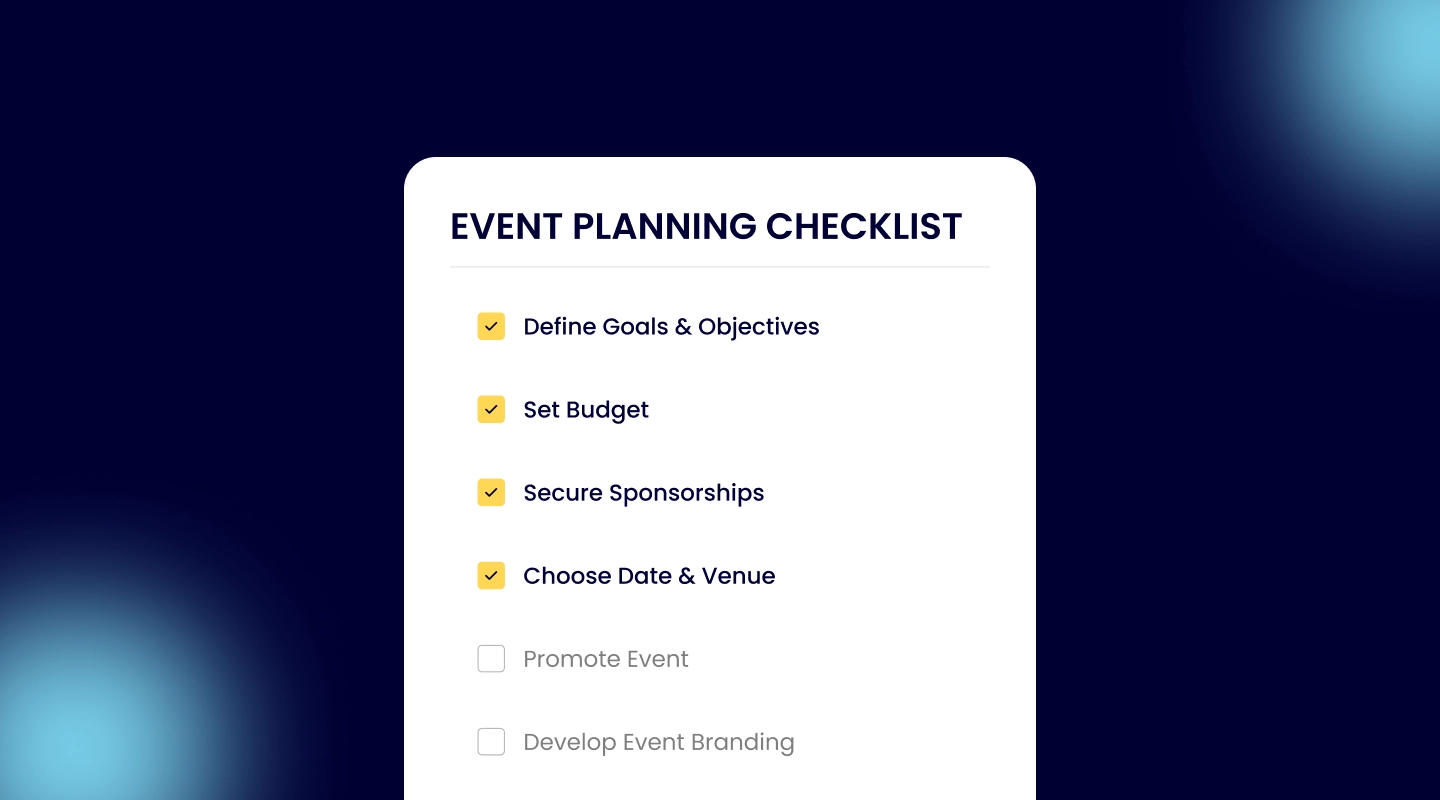
A comprehensive event plan should include:
- Event budget and funding requirements
- Audience engagement strategies
- Sponsorship package tiers
- Promotional opportunities for sponsors
Identifying Audience Demographics
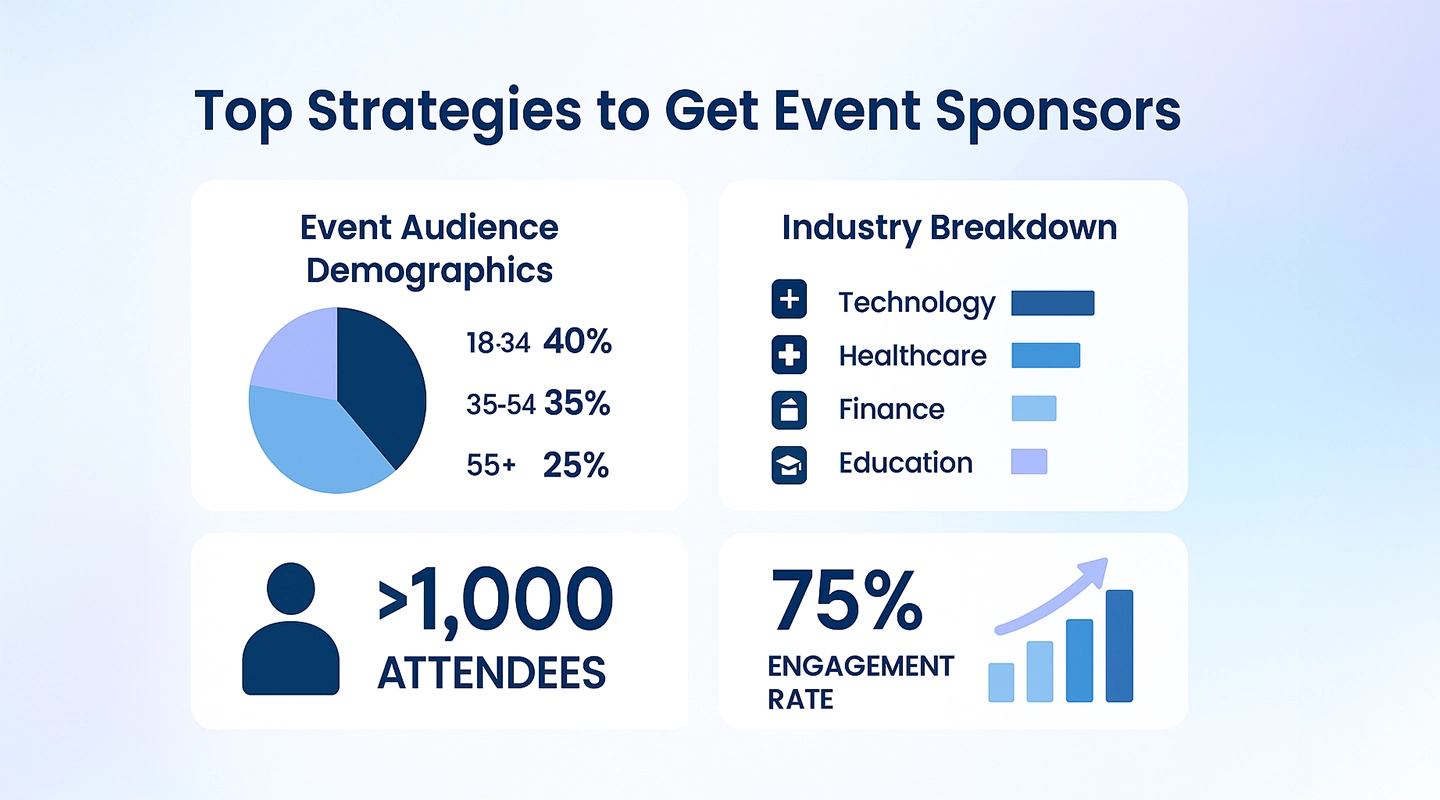
Use data-driven insights to demonstrate the value of sponsorship:
- Age, gender, and location of attendees
- Interests and buying behavior
- Social media engagement metrics
- Previous event attendance statistics
Researching Potential Sponsors
Finding Companies That Align with Your Event
- Look for companies that share your event’s mission and values.
- Target businesses that have sponsored similar events.
- Consider local businesses and community partners for regional events.
Analyzing Past Events
- Research previous event sponsorships to identify trends.
- Look at competitor events and their sponsors.
- Analyze case studies of successful event sponsorships.
Utilizing Digital Tools
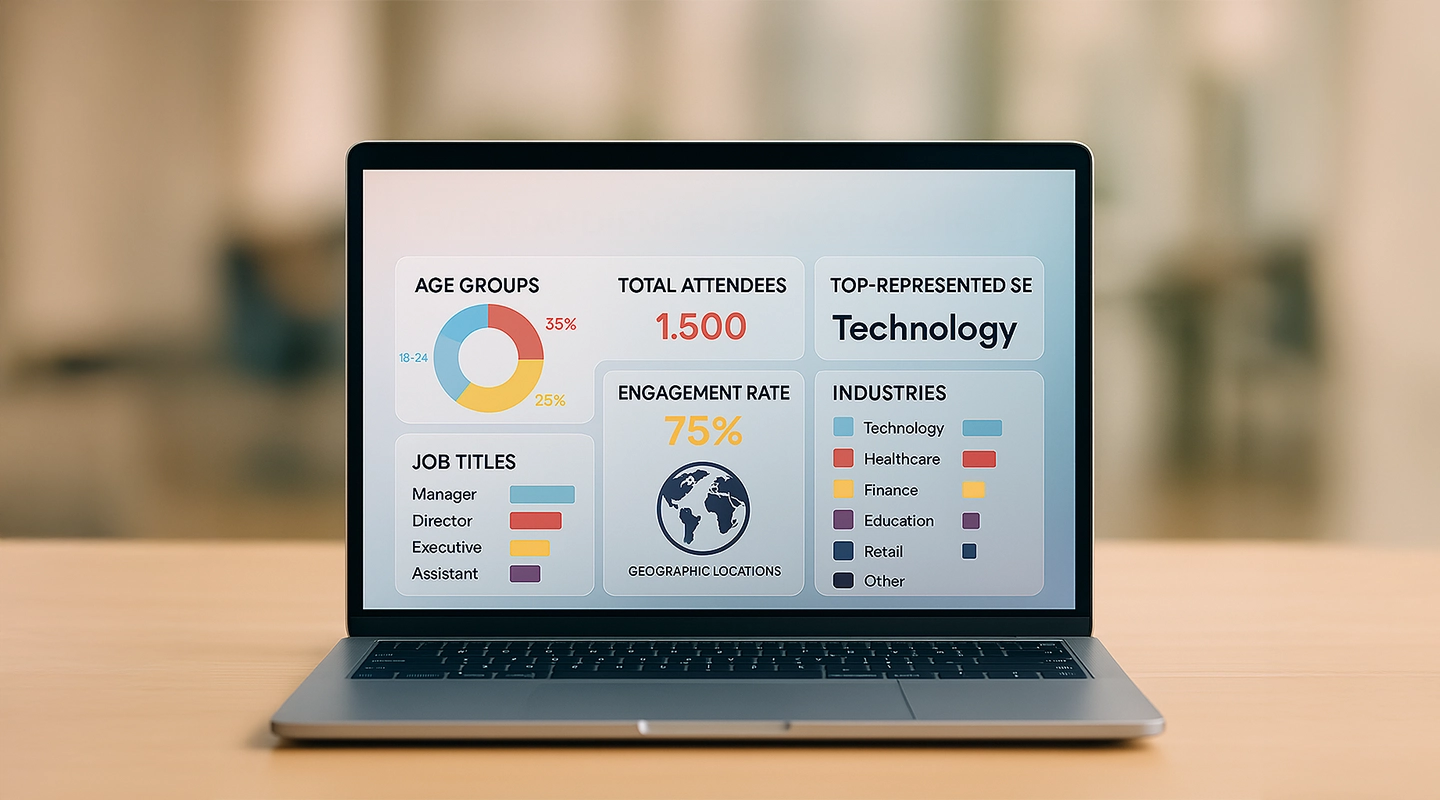
- Use platforms like LinkedIn, SponsorMyEvent, and online directories.
- Leverage CRM tools to track sponsorship outreach and engagement.
- Analyze website and social media analytics for potential sponsor leads.
Crafting Compelling Sponsorship Proposals
Personalizing Your Proposal
- Tailor each proposal to match the sponsor’s brand and goals.
- Highlight how their target audience aligns with your event attendees.
- Offer customized sponsorship benefits based on their needs.
Highlighting Mutual Benefits
- Clearly outline what sponsors will gain (brand exposure, leads, networking opportunities).
- Provide ROI estimates and case studies of past successful sponsorships.
Including Data and Testimonials
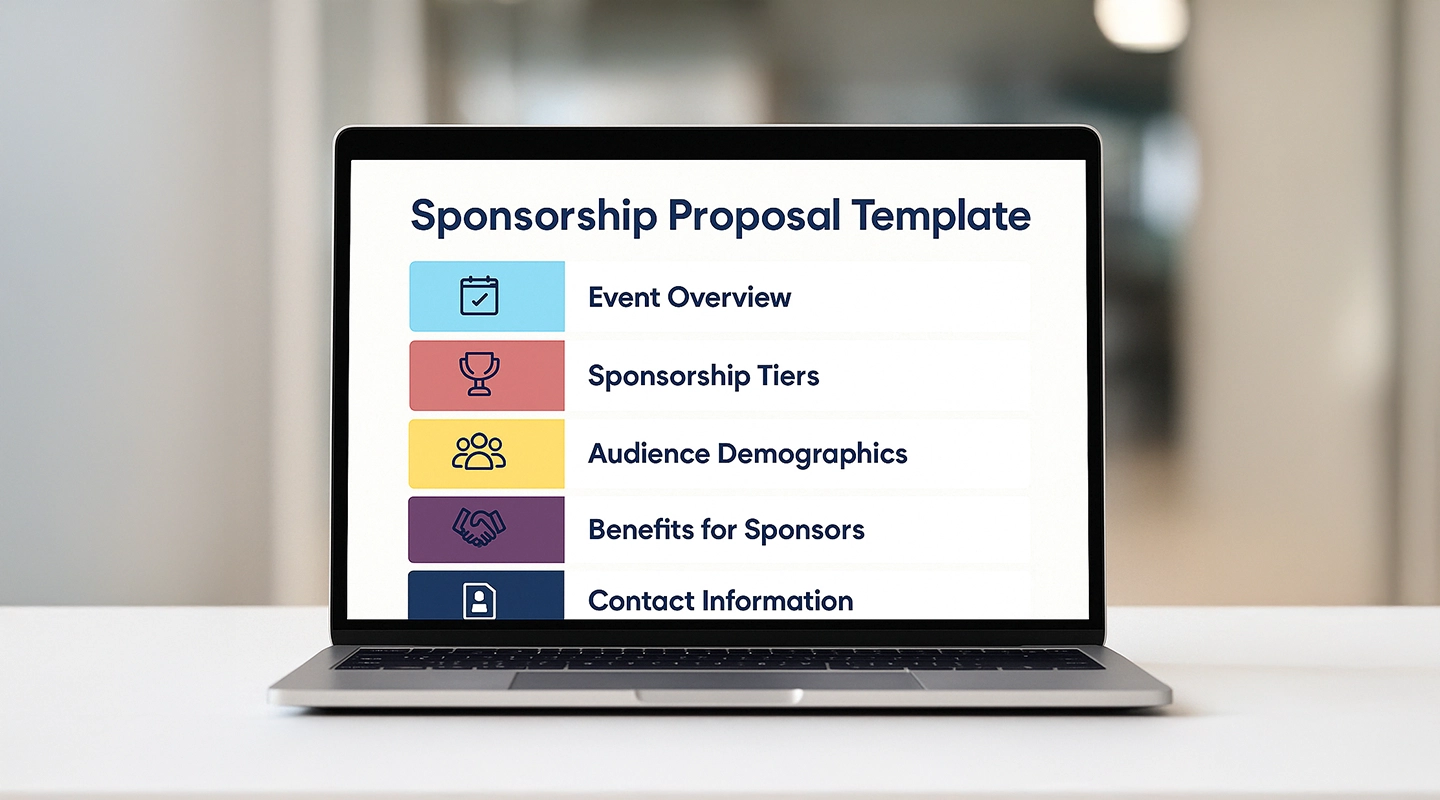
- Use audience insights and event success metrics to support your proposal.
- Include testimonials from past sponsors and attendees.
Approaching Sponsors
Identifying Key Decision Makers
- Research company structures to find marketing, PR, or sponsorship managers.
- Use LinkedIn to connect with and introduce your event to decision-makers.
Making Initial Contact
- Craft a compelling email with a clear value proposition.
- Follow up with a phone call or in-person meeting.
- Provide sponsorship package details and answer any queries promptly.
Following Up

- Send personalized thank-you messages after initial conversations.
- Provide additional data or testimonials to reinforce your proposal.
- Stay persistent but professional in follow-ups.
Offering Attractive Sponsorship Packages
Tiered Sponsorship Levels
- Offer multiple sponsorship levels (e.g., Gold, Silver, Bronze) with increasing benefits.
- Include options like logo placement, speaking opportunities, and VIP access.
Unique Sponsorship Opportunities
- Offer exclusive sponsorship rights for specific event segments.
- Provide digital sponsorship options like sponsored content or livestream branding.
Exclusive Benefits
- Provide high-tier sponsors with added perks, such as:
- VIP networking sessions
- Priority branding placement
- Custom marketing activations
Building Long-Term Relationships with Sponsors
Showing Appreciation
- Publicly acknowledge sponsors during the event and on social media.
- Provide a personalized thank-you package after the event.
Providing Post-Event Reports
- Share detailed reports on event performance and sponsor visibility.
- Include audience feedback and engagement metrics.
- Offer insights on future sponsorship opportunities.
Keeping Sponsors Engaged
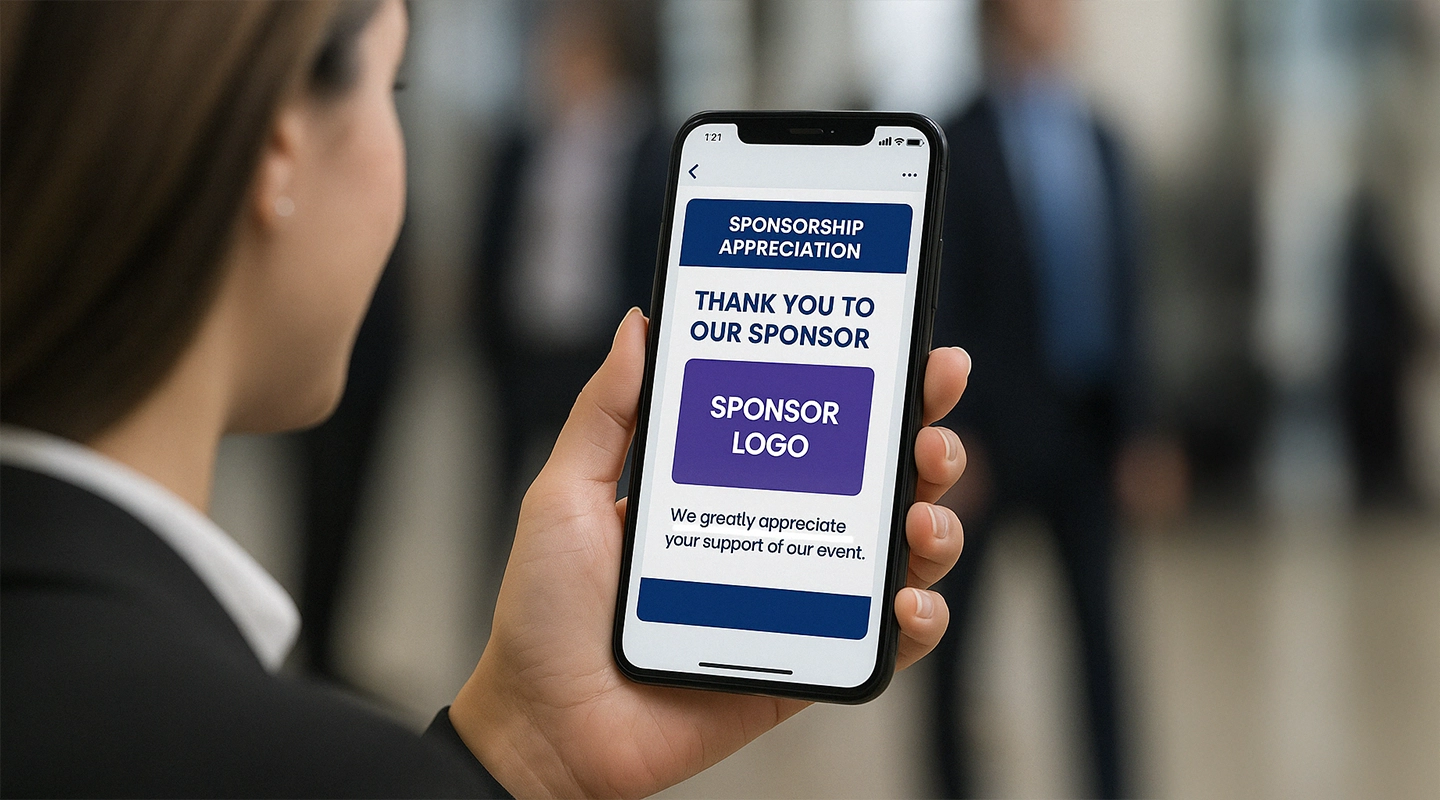
- Maintain communication throughout the year.
- Involve sponsors in community initiatives or smaller pre-event activities.
- Offer early-bird sponsorship opportunities for upcoming events.
Leveraging Social Media and Online Presence
Promoting Sponsors on Social Media
- Post event updates featuring sponsors.
- Use hashtags and mentions to boost sponsor visibility.
- Share sponsor testimonials and promotional offers.
Enhancing Your Event Website
- Include a dedicated sponsorship section.
- Feature sponsor logos, testimonials, and links to their websites.
- Provide an easy-to-access sponsorship inquiry form.
Using Online Analytics
- Track sponsorship engagement through social media insights.
- Measure event website traffic and sponsorship conversion rates.
- Use data to refine sponsorship strategies for future events.
Summary
Securing event sponsorships requires strategic planning, thorough research, and strong relationship management. By aligning sponsorship goals with potential sponsors’ interests, creating compelling proposals, and maintaining ongoing engagement, event organizers can build sustainable sponsorship partnerships. Utilizing social media and online analytics further enhances sponsor visibility and effectiveness, ensuring long-term event success.
FAQs
What is event sponsorship and why is it important?
Event sponsorship is when a company supports an event financially or with resources in exchange for promotional exposure. It’s important because it provides event organizers with funding and sponsors with direct access to a targeted audience.
How do I find the right sponsors for my event?
Start by identifying companies whose values align with your event. Use tools like LinkedIn, SponsorMyEvent, or online directories, and analyze competitors’ sponsors for inspiration.
What should be included in a sponsorship proposal?
A strong proposal should include:
- Overview of your event
- Audience demographics
- Sponsorship tiers and benefits
- ROI projections
- Testimonials or success stories
How much should I charge for event sponsorship?
Sponsorship pricing depends on your audience size, event reach, and visibility you offer. Tiered packages (e.g., Bronze, Silver, Gold) provide flexible options for various budgets.
How can I attract sponsors to a small or local event?
Highlight local community impact, offer exclusive branding opportunities, and engage businesses with a strong local presence who value grassroots marketing.
When should I start looking for event sponsors?
Ideally, begin outreach at least 3–6 months before your event. Early engagement gives sponsors time to plan and maximizes their promotional exposure.
What are examples of unique sponsorship opportunities?
In addition to traditional branding, offer:
- Sponsored live streams or webinars
- Event swag branding
- Exclusive sponsor booths or lounges
- App or platform integrations (consider Fliplet for app-based sponsor features)
How do I build long-term relationships with sponsors?
Show appreciation, provide post-event reports, and stay in contact throughout the year. Share opportunities for early access to future events or involvement in your community.
How do I measure the success of a sponsorship partnership?
Track KPIs such as brand impressions, lead generation, social media engagement, and attendee feedback. Use this data to demonstrate ROI and improve future proposals.
Can digital events attract sponsors too?
Yes! Virtual events offer branding opportunities through webinars, livestream banners, email campaigns, and event apps. Platforms like Fliplet help build engaging virtual event environments sponsors love.


